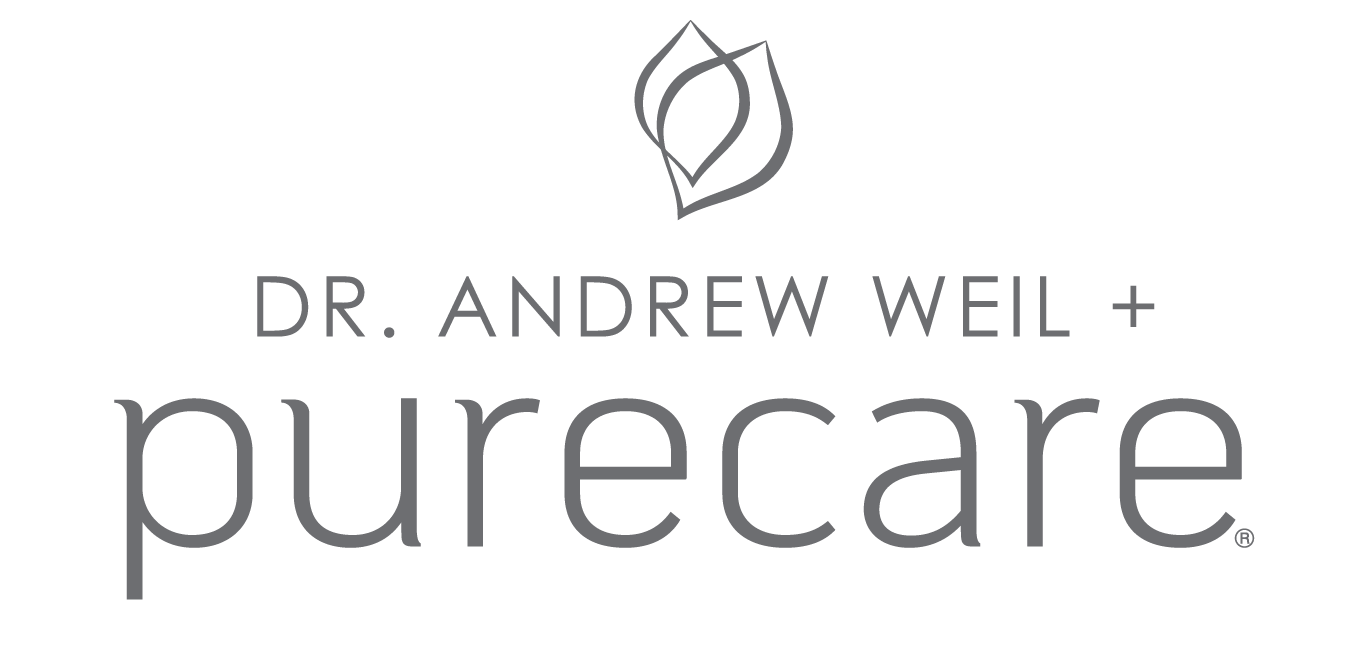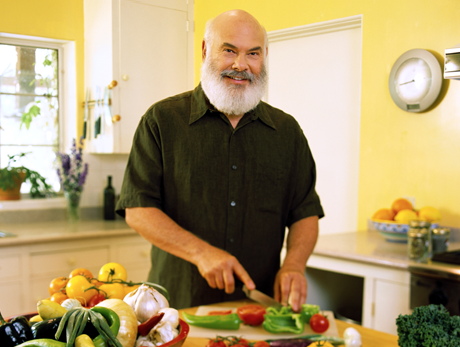Napping Is Healthy!

I am a big fan of daytime napping. I used to worry about the need to nap and I would fight off the impulse when I had work to do. I’ve since learned that people who nap generally enjoy better mental health and mental efficiency than people who don’t nap (myself included). Napping, particularly when following the tips below, may actually improve the quality of sleep over night as well.
Unfortunately, finding opportunities to rest during daylight hours in our society is not so easy. If you want to embrace the concept of napping – as many cultures worldwide do – consider the following:
- Accept napping as a positive thing. Remind yourself that a power nap can actually make a day more productive. Do not equate napping with being lazy.
- Do not fight the body’s desire to nap. This will result in unpleasant or unproductive days, or in some cases worse as one often battles fatigue with extra caffeine.
- Take naps when you can. If your schedule does not permit a nap every day, consider taking short, productive naps as able.
- Consider time and duration. Napping for too long, too often, or at the wrong time of day can be counterproductive. Experiment with what length and schedule works best for you. There are many phone timer apps that can help you set up a length that works best.
- Napping can mean just taking a brain break. Lying on a hammock or just staring into space is the essence of rest – it is the act of not doing and pressing pause in your day that refreshes you in body and mind.
- Consider using a meditation app that guides you through a 10-15-minute session – if naps aren’t your thing. A dedicated meditation practice can quiet an anxious mind and can have the same calming effect as a nap.
Today’s Health Topics
Editor's Pick
Health Focus
Ask Dr. Weil's Q&A











